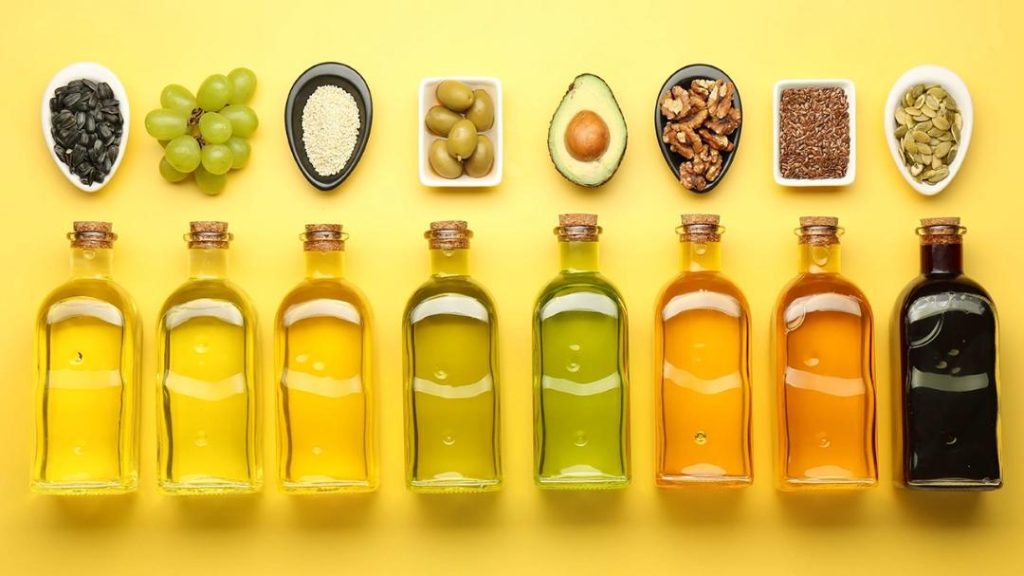
What do experts say about health hazards & benefits of seed oils?
Seed oils, a staple in many modern diets, have been a topic of controversy in recent years. Critics claim that these oils, which contain unsaturated fatty acids, are a health hazard due to the presence of a toxic byproduct of hexane, a chemical considered hazardous in gaseous form. But what do the experts say? Do seed oils really pose a health risk, or are they a healthy addition to our diets? In this blog post, we’ll delve into the science and explore the benefits and potential hazards of seed oils.
The controversy surrounding seed oils
Seed oils, such as canola, sunflower, and soybean oil, are popular cooking oils used in many households. However, their production process, which involves the use of hexane to extract the oil from seeds, has raised concerns about the potential health risks associated with these oils. Hexane is a chemical used to remove impurities from the oil, and its residue in the final product has been linked to negative health effects.
Some critics argue that the presence of hexane in seed oils is a health hazard, claiming that it can cause inflammation, damage to organs, and even cancer. However, experts in the field disagree, citing the scientific evidence that suggests that the residue of hexane in seed oils is not dangerous.
Experts weigh in on the health hazards of seed oils
Eric Decker, a professor of food science at the University of Massachusetts, has spoken out about the safety of seed oils. In an interview, he stated that the residue of hexane in seed oils is not a health concern. “The levels of hexane in seed oils are extremely low, and the body is able to process it easily,” he said.
Another expert, a professor of food science at Ohio University, also weighed in on the debate. “Seed oils don’t increase acute or chronic inflammation markers,” she said. “The myth that seed oils are bad for you is just that – a myth.”
The benefits of seed oils
Despite the controversy surrounding seed oils, they do offer several health benefits. These oils are high in unsaturated fatty acids, which can help to lower cholesterol levels and reduce the risk of heart disease. They are also rich in antioxidants, which can help to protect against cell damage and reduce the risk of chronic diseases.
Seed oils are also a good source of essential fatty acids, which are important for brain function and development. They are also a good source of vitamin E, a powerful antioxidant that can help to protect against cell damage.
Debunking the myths
So, what are the myths surrounding seed oils, and what is the truth?
Myth 1: Seed oils are high in omega-6 fatty acids
Truth: While it is true that seed oils are high in omega-6 fatty acids, they are also a good source of omega-3 fatty acids, which are important for heart health.
Myth 2: Seed oils are a major source of hexane
Truth: As mentioned earlier, the levels of hexane in seed oils are extremely low, and the body is able to process it easily.
Myth 3: Seed oils are only used in processed foods
Truth: While it is true that seed oils are often used in processed foods, they are also a popular choice for cooking in many households.
Conclusion
In conclusion, seed oils are not the health hazard that many critics claim they are. While they do contain unsaturated fatty acids, which can be beneficial in moderation, they are not a health risk. The residue of hexane in seed oils is not a health concern, and the oils are a good source of essential fatty acids, antioxidants, and vitamin E.
As with any food, it is important to consume seed oils in moderation and as part of a balanced diet. By understanding the benefits and potential hazards of seed oils, we can make informed choices about the foods we eat and enjoy the health benefits that they have to offer.
Source:






